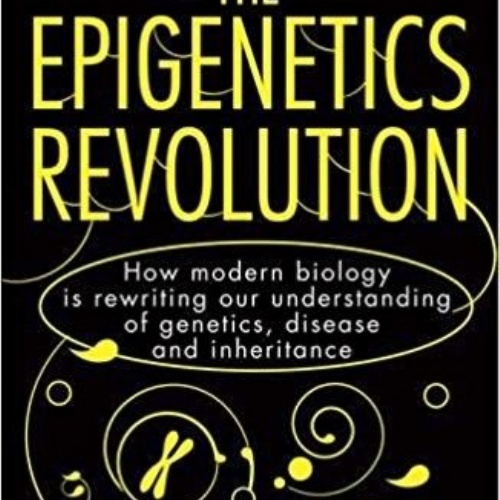
Our Lower Sixth Form Biologists were given the challenge of reading ‘The Epigenetics Revolution’ by Nessa Carey over the summer holiday. They were then tasked with writing an essay and book review.
Epigenetics is the current big thing in Biology and is highly likely to be where scientists will discover the cure for a number of different diseases including cancer.
A-level students, Katie Doncaster and Abi Barnes produced essays that were over ten pages long, and showed a true commitment to reading and understanding the content of the book.
They both received a Headmaster’s Commendation and a box of Thornton’s chocolates for their work.
These are their book reviews:
The Epigenetic Revolution is about epigenetic mechanisms and how they can cause development of disease. It focuses a lot on the development of cancer and how we age, as well as the influence of our diet and how it can affect our genetics. I learnt a lot of new things from the book and I was particularly interested in the development of diseases. Some parts of the book were quite challenging and it did get harder as it went along, although I felt like I understood it more as the book advanced. I didn’t like the style the book was written in and how it was narrated so I think this made it slightly harder for me. I liked how epigenetics is such a new field in biology, so I was learning about something that was new and upcoming and not the kind of activity I would do in a biology lesson. I would recommend it to an A-level student but I think that anyone younger may struggle with it.
Abi Barnes
Epigenetics Revolution gives us an insight into a field in which not a lot is known, and has a potential to rewrite many scientific books. The book also shows how simple things involved in biology can be accounted for by epigenetics. Epigenetics revolution also illustrates the development of ideas from John Gurdon’s studies in the 1960’s on zygotes, to David Allis who recently studied epigenetic modifications of histones.
The book also explains the exact mechanisms that affect gene expression such as histone modifications and DNA methylation, which I found challenging to understand and therefore felt some sections of the book was a bit advanced for my understanding, yet in a year’s time after studying epigenetics through my A2 course I believe I may understand it more. However, saying that it did help to consolidate on some of the work from Year 12 such as mutations, meiosis and DNA replication. The books also cleverly show us how fundamental these mechanisms are to us by using examples, DNA methylation in the section of mice and men showing us how different DNA methylation can control not only our DNA and inner workings but also our physical characteristics which in the book is shown in terms of coat colour of mice.
The book explores how vast this field is and how potentially epigenetics could be used to treat a wide variety of diseases from cancer to depression. However, what is evident through the entire book is that there’s a missing link in our understanding of epigenetics which is preventing us from being able to enhance and use this mechanism, yet at the same time it is also evident that from our first discovery of epigenetics around 50 years ago there has been massive advances in our understanding of it from how are genes are expressed and repressed to how our epigenetic modifications are passed from generation to generation. Overall I would recommend this book but only to people who have studied biology at A-level or higher as it requires substantial knowledge.
Katie Doncaster
Interested in Sixth Form at Worksop College? Click here to find out what we have to offer.
